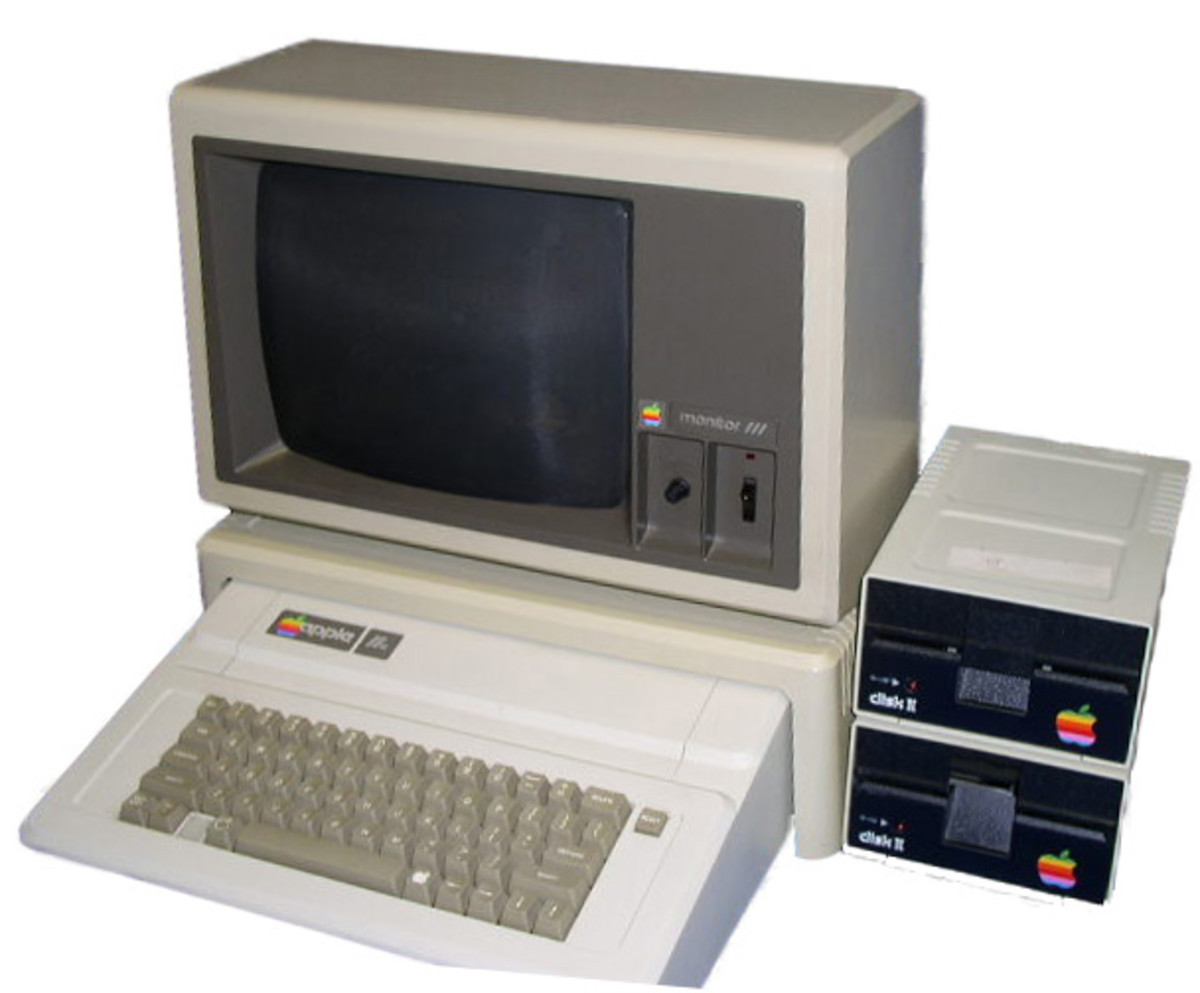


Even if man does not destroy himself imminently with nuclear weapons, Clarke’s story appears to suggest, something will happen to bring about the apocalypse. Indeed, we may even posit that Clarke wrote ‘The Nine Billion Names of God’ as a kind of riposte to all of the nuclear war stories being produced in the early 1950s. 'Names' hooked me on Clarke and made me search out his other work-from the Space Odyssey books through The Tales from the White Hart. 'The Nine Billion Names of God' and 'The Last Question' by Isaac Asimov are my two all-time favorite short stories in science fiction. Of course, it’s unlikely that a rationalist such as Clarke believed that discovering the names of God would bring about this apocalypse (although we may detect some significance in the fact that such a discovery is only made possible by technology, by the invention of a supercomputer capable of carrying out the calculations), but in rejecting more dramatic ideas of the end of the world, he is reminding us that, nevertheless, the end of the world will arrive, one day. The first (and title) story is a knock-out. Our sun is on borrowed time one day, life on Earth will cease to be completely and the solar system will be no more. What is Clarke suggesting by such an ending? One possible interpretation is that he is reminding us that, sure enough, one day, the world will end. Darren Aronofsky's 1998 film Pi, in which a powerful computer is used to divine the 216-character name of God.The description of the apocalypse could not be more anticlimactic at the end of the story: this is the world ending with not even whimper, let alone a bang, but a mere winking of stars as they disappear from the night sky ‘without a fuss’.Once all the names are discovered and listed, strange things start happening. Two American engineers, Georges and Chuck, have also been invited to visit the monastery to install and program the mainframe, so the monks can complete their mission. Wagner and to rent a powerful IBM-like computer.

The monks send a messenger to New York City to meet with computer scientist Dr. The monks calculate the godly names manually however, in 1957, they decide to employ a modern technology to perform the task quicker. They believe that discovering the names is actually the ultimate purpose of the Universe. Plot įor centuries, the monks of Sera Mey monastery in Tibet have been trying to discover all nine billion names of God, by calculating each and every possible combination of the letters in their alphabet. The film was selected for many international film festivals. The Nine Billion Names of God is a 2018 French short film based on the 1953 short story of the same name by British writer Arthur C.


 0 kommentar(er)
0 kommentar(er)
